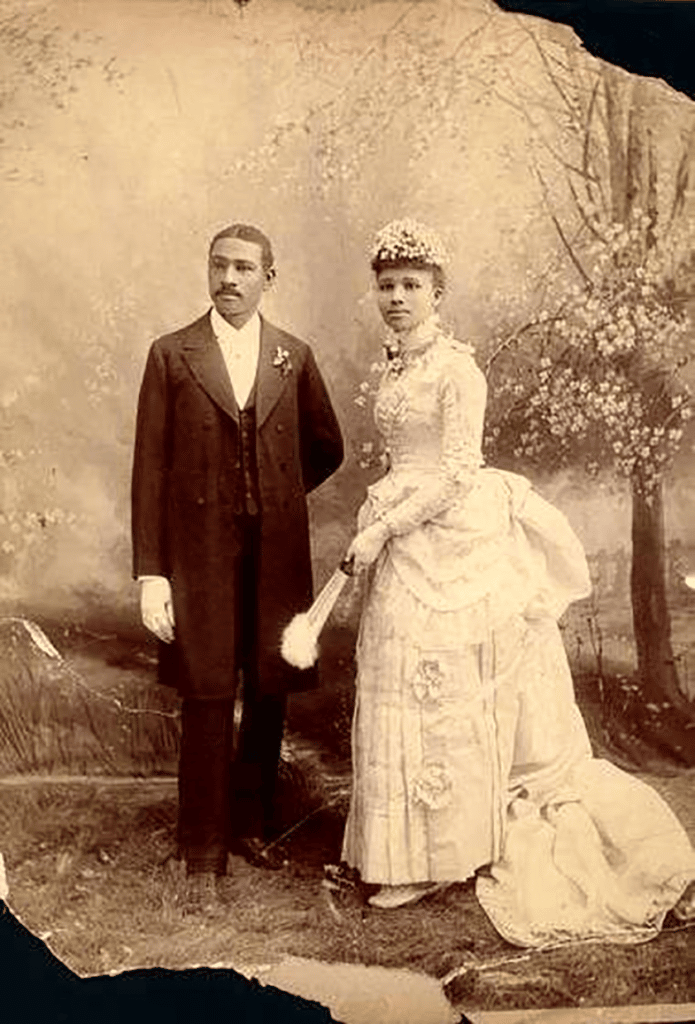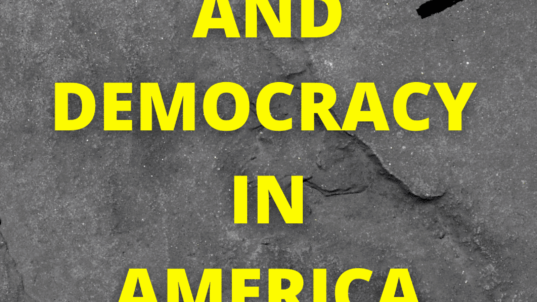
Charles and Willa Bruce, credit Anthony Bruce via LA County gov
Governments need the ability to acquire property for public purposes. Without it, we’d have no public roads, buildings, parks, schools, national forests, military bases, etc. In the US, this power of eminent domain, inherited from English common law, is limited by the Takings Clause of the Fifth Amendment of the US Constitution, which requires that any such taking must be for “public use” and provide the owner with “just compensation.” But how has the government wielded this power? How has the long history of racism and classism woven itself into the practice of takings? Consider the case of property owned by Willa and Charles Bruce.
The Bruces were a Black couple who, in 1912, bought some beachfront property an hour away from Los Angeles for $1,225. The property wasn’t deemed that desirable because of its distance from Los Angeles. But the Bruces bought it to create a place where Black beachgoers could enjoy the shore. This was during the Jim Crow era of segregation. Other parts of the beach were off limits to them.
The Bruces created a dining facility and a bathhouse on the property. Their property, “Bruce’s Beach,” became a successful beach resort. The community surrounding the Bruce property was largely segregated and white residents began to complain about the “negro invasion” caused by the Bruce’s property.
Violence against the Bruces didn’t discourage them, nor did arson. The local government decided to take other action using the Takings Clause of the Fifth Amendment. They used the eminent domain provision created from the Takings Clause to acquire the property. The facilities the Bruce’s had built were razed. The stated rationale for the property seizure was to build a city park. But the real reason has been documented as the racially-motivated desire to remove a successful Black business from the largely white community. No park was built for decades. Eventually a lifeguard facility and parking lot was built on the property. The Bruces died shortly after the loss of their property and the compensation paid to them didn’t come close to what the property was worth.
Many years later, the injustice for the taking of the Bruce’s property was finally recognized. A century after the original taking of the property, legislative action returned Bruce’s Beach to the heirs of the original Bruce family. Los Angeles County must pay $413,000/year to lease the property. Should the County want to buy the property, the price will be $20 million.
The Bruce family has finally received some delayed justice in compensation, but not for the years of beach access that were lost, nor for the racist actions that led to the taking. This is one case where some justice was provided for the racist actions condoned by the Takings Clause. A similar story can be told about the taking of the land of the African American residents of Seneca Village to make way for Central Park in New York City. What justice did they receive?
What about justice for the 475,000 households, the majority of them people of color, who were displaced and had their communities destroyed to make room for our interstate highways? Highway construction not only destroyed many Black communities, but also served to reinforce segregation, cutting off Black neighborhoods from predominantly white areas. How should these harms be made good? As political commentator Elie Mystal notes,
“…if we’re going to talk about eminent domain, we’re going to talk about how many of our roads, highways, and beaches were figuratively built on top of the bones of Black and brown people who used to live there.”
What is the just application of the Takings Clause of the Constitution? Just imagine how racist motivations have clothed themselves in claims of “the public good” in order to take away property from members of unfavored groups. How should we heal the consequences of takings from the most vulnerable? How will justice prevail when takings are sided in favor of those who sit atop a costly and often unjust legal system?
* * *
“Where justice is denied, where poverty is enforced, where ignorance prevails, and where any one class is made to feel that society is an organized conspiracy to oppress, rob and degrade them, neither persons nor property will be safe.” – Frederick Douglass
This is part of our “Just Imagine” series of occasional posts, inviting you to join us in imagining positive possibilities for a citizen-centered democracy.


